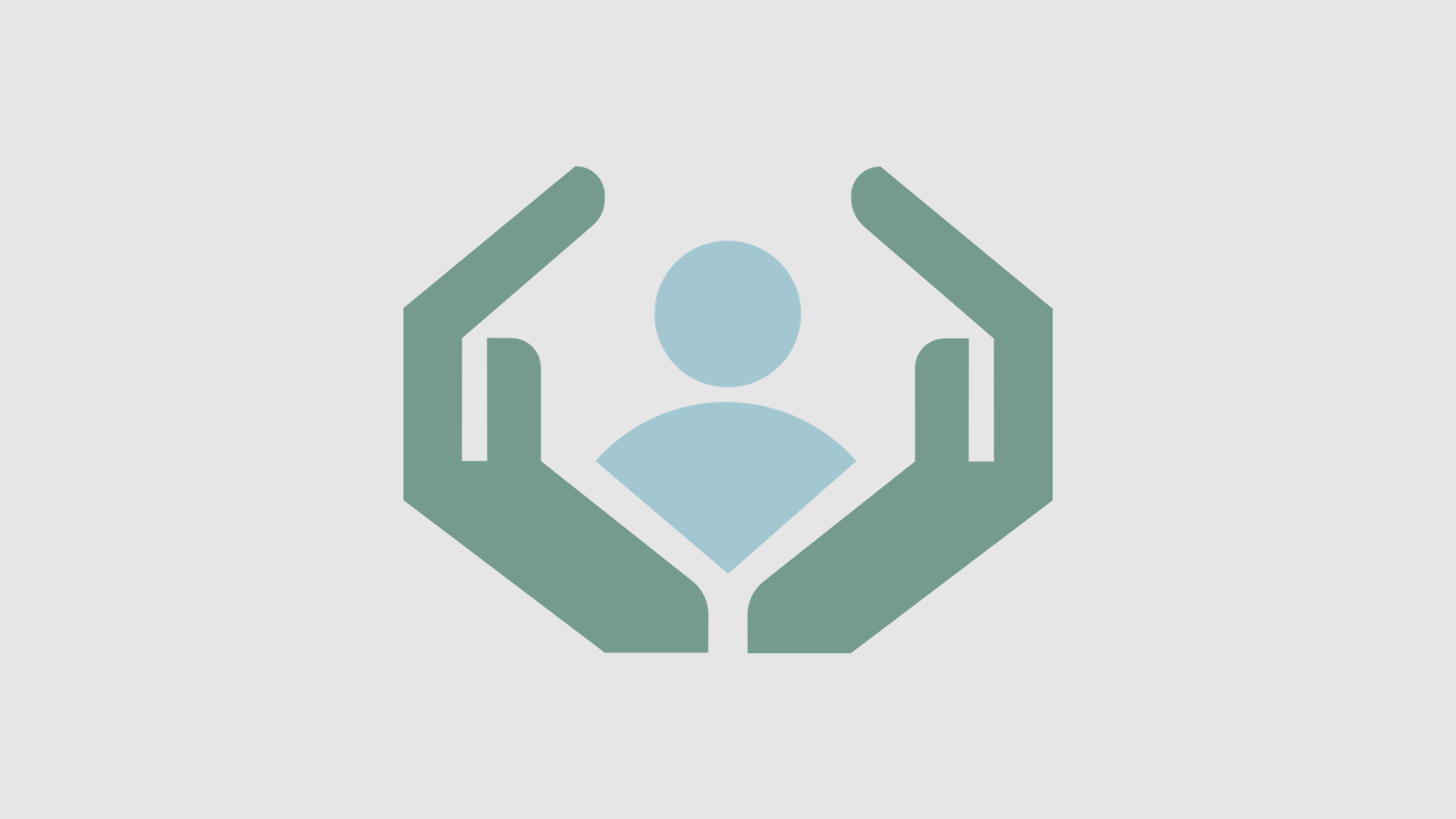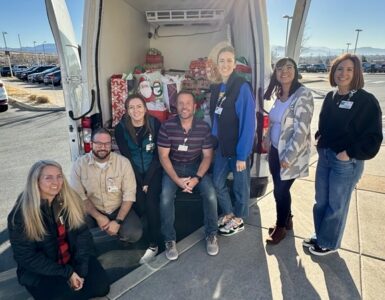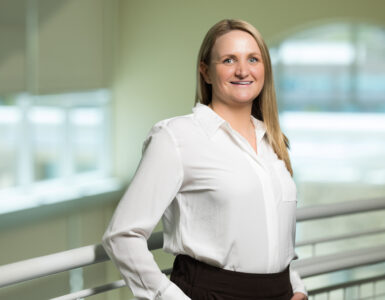Cardiovascular disease is still the nation’s leading cause of death. However, many people who experience heart attacksgo on to lead long, healthy lives.
Many cardiovascular disease risk factors are in your control. High blood pressure, diabetes, and high cholesterol levels are all medical factors that can lead to heart disease. These conditions can be properly managed through medication and lifestyle changes monitored by your physician. Other conditions leading to increased risk of cardiovascular disease include low levels of physical activity, being overweight or obese, an unhealthy diet, and using tobacco products. “Quitting smoking may be the hardest thing a patient will ever do, but without behavioral changes like smoking cessation, preventing future heart attacks is nearly impossible,” says David Baker, MD, Cardiologist with Carson Tahoe Health. “Many patients don’t have an exercise program or a healthy eating plan in place before experiencing a cardiac incident, so working closely with our Cardiac Rehabilitation Department and licensed Exercise Physiologists after an incident is extremely important.”
Dr. Baker explains what recovery looks like and how patients and their families can navigate challenges after a heart attack below:
Q: What challenges do patients face after a cardiac procedure or heart attack?
A: After the initial recovery, patients must work closely with their physicians to follow an effective treatment plan. This may include medications proven to lower the risk of future cardiac events and therapies designed to control blood pressure and cholesterol levels. Patients may face concerns about starting an exercise program, and cardiac medications can be costly. Discuss programs that are right for you and cost-saving prescription alternatives such as generic medications with your physician.
Q: How can family members help patients on the road to recovery?
A: Recovery can be an emotional experience. It’s easier for patients to make lifesaving changes such as smoking cessation or committing to a healthy diet and exercise if spouses or entire families make changes with them.
Q: What cardiac care resources are available locally?
A: Carson Tahoe Health offers full cardiac services from diagnosis to treatment and aftercare, allowing patients to stay close to home for their entire continuum of care. Our Regional Medical Center is the only hospital in the Carson region providing emergency cardiac care at all times—day and night. We offer interventional cardiology, open heart surgery, rehabilitation, outpatient services, imaging, and other care components, such as our congestive heart failure clinic, to help patients stay on the path to recovery.







